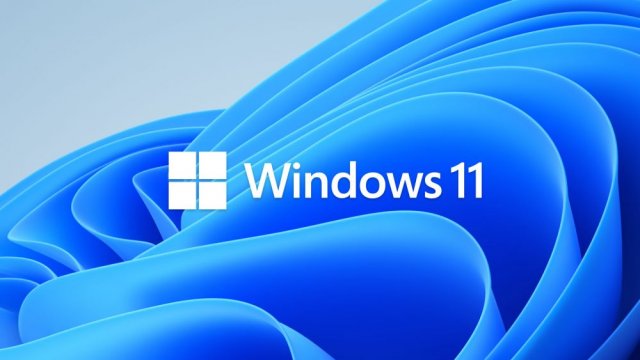
Windows 11 is now widely available on supported hardware and warns users if they have the operating system installed on a device that doesn’t meet the official requirements. In preview builds, the appropriate warning message has been implemented in the Settings app header.
Meanwhile, Microsoft’s Windows 11 is widely available for compatible hardware. Minimum requirements include a 1 GHz dual-core processor, 4 gigabytes of RAM, and 64 gigabytes of free hard drive space. Microsoft has the exact system requirements for Windows 11 documented here. If your computer does not meet the specifications, you can still upgrade to the new operating system. All you have to do is follow the manufacturer’s documentation and make a few simple registry changes.
Unsupported Hardware Warning
If you have installed Windows 11 on a computer that does not meet the official requirements, the operating system will notify you with a message in the setup application. In preview builds, the notice was in the application header. It currently shows up on your home page, but it’s not comparable to a Windows activation error. Microsoft may expand the warning with additional information, such as the possible consequences of running Windows 11 on unsupported hardware, such as a lack of updates.
Also interesting: Windows 11 vs. Windows 10: Significant increase in January 2022 [Update]
The described message redirects the user to an explanation page that explains why there might be incompatibility issues. Additionally, Microsoft notes at this point that for devices that do not meet the system requirements, receiving updates, particularly security updates, is not guaranteed. With all of this, running Windows 11 on incompatible hardware is highly unlikely to do any harm, since the operating system is essentially “just” a redesigned Windows 10.
Source: via Windows latest